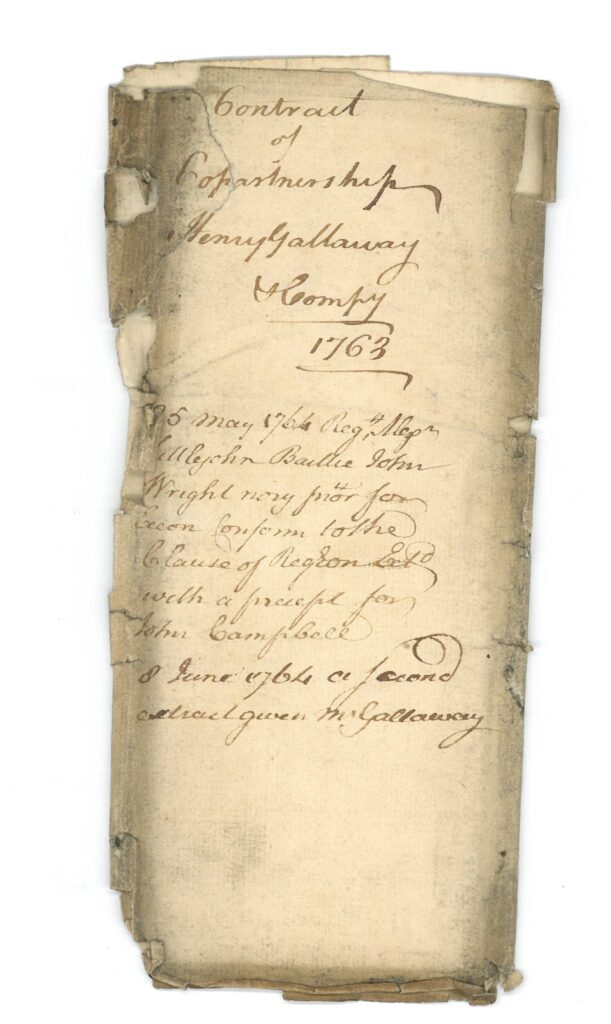If you look at the Doune Burgh coat of arms, a distinctive feature on it highlights an important object in history of the village: the pistol. Gunsmith Thomas Caddell moved his business from Muthill to Doune in 1646 and for the next 150 years, the pistols made in Doune would become some of the most notable in Scotland.
The pistols created in Doune were popular with Jacobites and were an integral part of clan dress. The highland flintlock pistol of Alexander Campbell of Doune, who was taken prisoner at Culloden in 1746, can be seen in the National Museum of Scotland.
Although the Caddell family were the most notable pistol makers in Doune, there were several other distinguished gunsmiths in the village. One of those was John Christie. The connection local gunsmiths had to the Jacobites, however, would ultimately lead to the decline of production in the area.
John Christie applied for admission to the Stirling Hammermen and was admitted on 7th June 1751. Almost ten years later, the Gunsmith was admitted as a merchant burgess on 28th May 1760. This allowed him to sell his work to the residents of Stirling.

SBC/11/15 – John Christie admitted to the Stirling Hammermen, 07 June 1751
A legal contract found within the Town Clerk’s files for Stirling Burgh, however, showed the hardships Christie faced to continue making pistols. On 13th October 1763, Robert Campbell, Henry Galloway and John Campbell, merchants and gunsmiths in Stirling, and John Christie, merchant and gunsmith in Doune, were compelled to form a ‘Co-Partnery’ to remain in business. They agreed to ‘prosecute and follow furth a joint Trade of Manufacturing, Buying & Selling of Naills Locks Pistolls and such other smith work as shall be thought proper in society’.
Manufacturing of the pistols was to be ‘carried on in the houses & forges presently occupied by them part whereof are the said John Christie’s property’ and that ‘said John Christie is to have the direction of the Pistoll & Gun Smiths and engrave their work made by them at a price to be agreed on betwixt the said partners’. The Co-Partnery then agreed to take what ‘Guns & Pistolls he now has on hand at their present worth’
The ‘Co-Partnery’ was likely created as reaction against the local gunsmiths and merchants who had aided the Jacobites in Stirlingshire. Pistol manufacturing declined in the area and the Statistical Account for 1798 gives an account of the fall of the industry. Alexander MacGibbon writes that the trade in village is ‘carried on by John Murdoch…and that there is little demand for Scottish pistols owing to the low price of pistols made in England; ultimately the chief cause in decline is the disuse of Dirk and Pistol in Caledonian Dress’.
